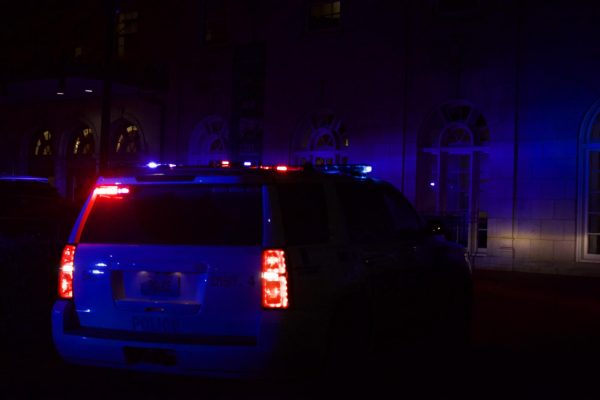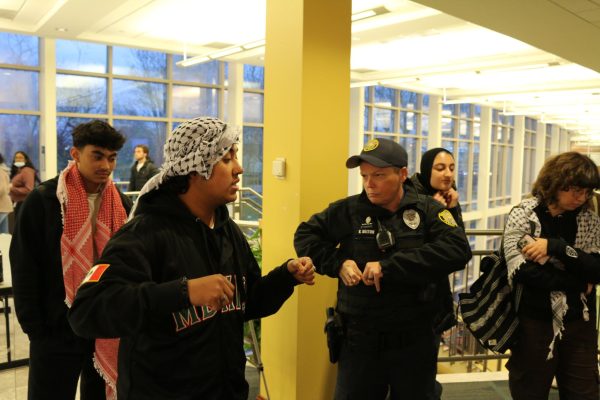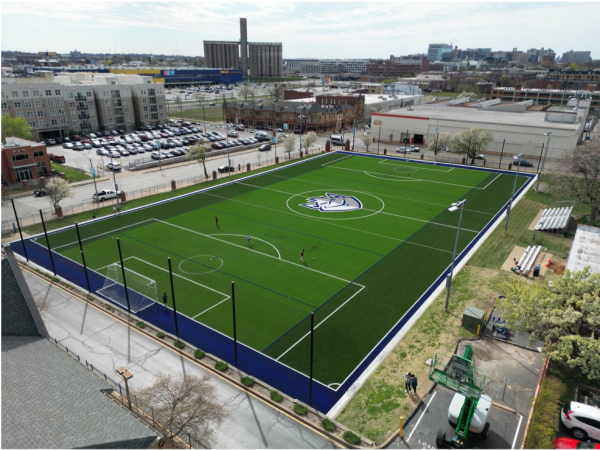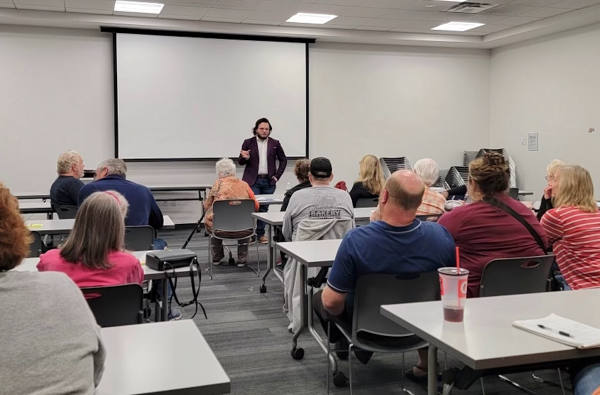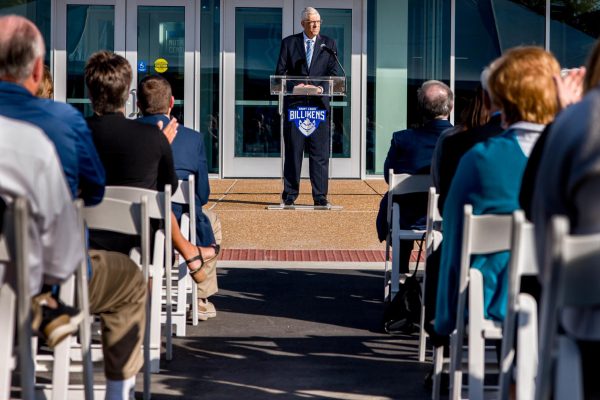Car Theft Surges Nationwide, Including at SLU
On Sept. 13, SLU sophomore and Marchetti resident Noah Hanson was heading to his car when he saw something unusual.
“I noticed that the papers from my glove box had been thrown on the seats and dashboard, and my center console had been rummaged through,” Hanson said.
Hanson had parked his 2018 Honda Civic, affectionately named “Ms. B,” on the right-hand side of Marchetti west. He had wanted to check on his car after he had been called by SLU’s Department of Public Safety (DPS), who said that several cars had been broken into earlier that morning. Unfortunately, Hanson’s car happened to be among them.
“The offender(s) stole $20 from the glove compartment, a pair of Ray-Bans and most importantly, my Ice Breakers,” Hanson said. “I actually expected the results to be worse, so I was pretty thankful no physical damage had been done to my vehicle.”
Vehicle safety concerns a large portion of the student and faculty population at SLU.
SLU recently released the 2021 Annual Fire and Security Report, which publishes crime statistics for both SLU’s main campus and the Scott Law Center (located in downtown Saint Louis). The report logs statistics from a three year window, and is updated every October. According to the report, there were 28 cases of motor theft in 2018, 22 cases in 2019 and 11 cases in 2020 – or 61 total cases over the three-year span.
Mike Parkinson, SLU’s Emergency Preparedness Coordinator and Clery Compliance Officer, said that motor vehicle theft is one of the most common crimes reported on campus.
“You would think that our numbers would’ve slowed down during COVID-19, but the crime around the city and around campus did not slow down,” Parkinson said. “One of the biggest things we are dealing with this year is catalytic converter thefts. It’s not just St. Louis or SLU, it’s nationwide.”
Catalytic converters are located in the exhaust systems of vehicles and help limit emissions. Parkinson said they are valuable due to their composition of precious metals, and that criminals can remove them from cars within seconds and sell them for a profit.
Hanson said that his car thankfully showed no signs of such damage. “No windows or locks had been picked or broken,” Hanson said. “This led DPS to believe that my key fob signal had been ‘boosted’ using a device. This increases the key fob’s range and unlocks the vehicle despite the key being far away.”
Parkinson said that DPS is actively trying to deter motor vehicle theft on campus.
“At night, we try to check beyond cars,” Parkinson said. “We try to check parking lots, we try to check vehicle lots and we try to check buildings. We try to make sure buildings are secure. Our visibility is important. We try to be as visible as we can, and we try to patrol by vehicle, foot and bicycle.”
Parkinson said that DPS responds to motor vehicle thefts in a variety of ways, including keeping overnight watch on areas that show a repeated history of incidents and checking night vision cameras frequently. Students can also take preventative steps to lower the risk of motor vehicle theft.
“Try to use the lots, park in well-lit areas and keep valuables out of sight,” Parkinson said. “It’s a crime of opportunity. Reduce that opportunity, and you’re most likely not going to be a victim of a crime.”
Hanson said that after his car was broken into, he filed a report with the St. Louis Police Department. He said that prior to the incident, he had heard of vehicle thefts at nearby apartment buildings, but never on SLU’s campus.
“After this incident, I won’t keep any money or things of value such as snacks in my car in the event a break-in happens again,” he said.
Your donation will support the student journalists of Saint Louis University. Your contribution will help us cover our annual website hosting costs.


